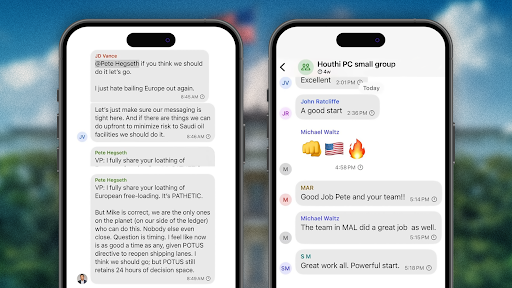Already, the year 2024 has witnessed unparalleled chaos and unrest in Haiti as armed gangs wreak havoc, leading to an extremely unique humanitarian crisis and the forceful resignation of Prime Minister Ariel Henry.
In March 2024, armed gangs overran the two biggest prisons in the nation leading to a massive jailbreak of over 4,700 prisoners. These gangs were led by people like Jimmy Chérizier, a former Haitian police officer, of the “G9 Family and Allies,” and demanded the resignation of Prime Minister Henry, sending the small Caribbean country into utter pandemonium. The violence continued to escalate on the streets, causing the government to promptly declare a state of emergency and impose a curfew to restore order (reuters.com).
The unrest stemmed mainly from Prime Minister Henry’s controversial political actions, such as negotiating agreements in Kenya to get over legal barriers for UN-backed security operations in Haiti to control violence on the streets in an increasingly fragile and contentious domestic landscape. These actions sparked outrage and further destabilized the already delicate homefront (CNN.com).
Gangs took over major areas of the capital city of Port-au-Prince, Haiti. Important infrastructures, such as airports, police stations, and government buildings, were the main focus of the attacks. Gang leaders openly challenged the government’s authority, with some such as Chérizier even contesting for the presidency (bbc.com).
International action was urgently needed in response to the volatile situation in Haiti. Countries including the U.S. and Kenya promised help for security operations, while the UN and CARICOM called emergency meetings to resolve the issue. However, the resignation of Prime Minister Henry added further uncertainty to the situation with the future of the Haitian government in question. Ramapo science teacher Mr. Cramer was curious about possible steps from the U.S. “It’s one of those conflicts where you question whether or not the U.S. should try and step in,” he said.
The violence in Haiti has resulted in a dire humanitarian crisis. Civilians have been left vulnerable as basic services such as healthcare and access to food and water have collapsed. “This is something I have never seen before,” said Senior student Yazan Tinawi. “I was shocked when I heard about it on social media.”
Foreign nationals that are caught in the crossfire include Americans and residents of nearby nations like the Dominican Republic. While some countries have launched rescue operations to guarantee the safety of their citizens, others have issued warnings for their citizens to flee Haiti. The appointment of a presidential council by CARICOM and the United Nations aims to restore governance and pave the way for a peaceful transition (cbs.com).
https://www.cbsnews.com/miami/news/at-least-1500-people-displaced-in-haiti-amid-gang-violence/
https://www.cnn.com/2024/03/12/americas/haiti-gangs-prime-minister-analysis-intl/index.html
https://www.reuters.com/pictures/haiti-declares-state-emergency-amid-violence-jailbreak-2024-03-04/






